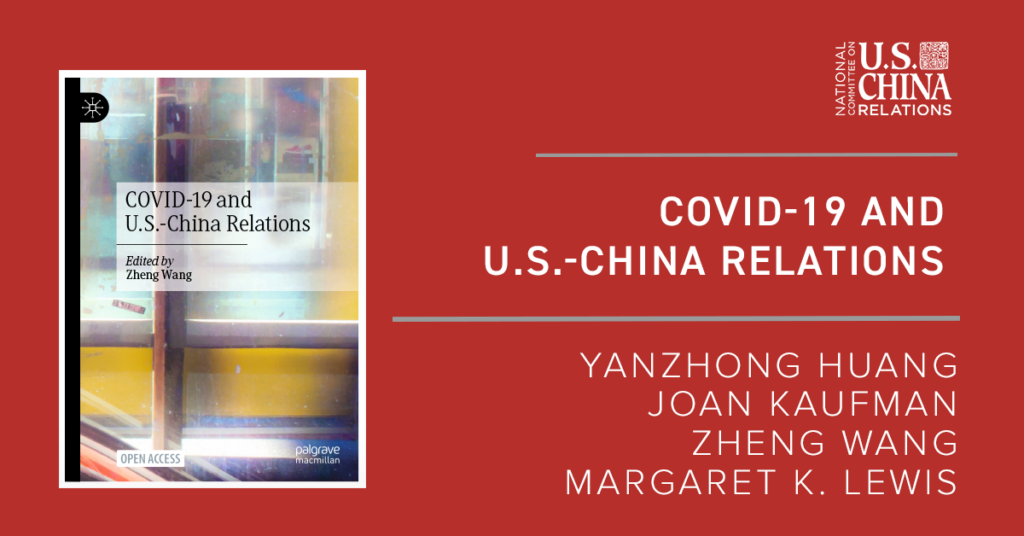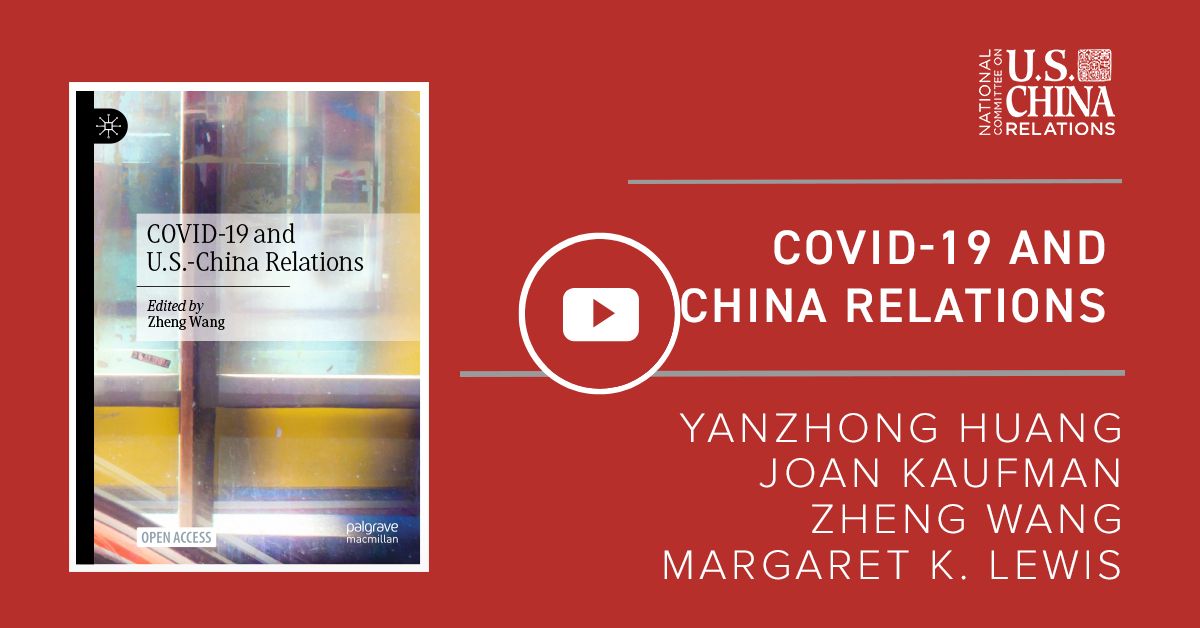Thursday, September 26, 2024 | 12:00 PM EDT
COVID-19 and U.S.-China Relations examines the profound and lasting impact of COVID-19 on Sino-American relations. It covers an array of areas including public health, trade and supply chain challenges, people-to-people connections, shifts in public opinion, rising nationalism, anti-Asian sentiment, and strategic assessments. Since the pandemic’s outbreak in late 2019, China and the United States have both suffered enormously. So too has the U.S.-China relationship, which was already at a low point before COVID-19 accelerated its deterioration. With contributions by leading and emerging scholars from both nations, the open-access volume reflects a collaborative effort, emphasizing the importance of bilateral dialogue. As the world moves beyond the COVID era, this book offers insights into potential pathways for rebuilding and redefining U.S.-China relations.
In an interview conducted on September 26, 2024, volume editor Zheng Wang is joined by chapter contributors Yanzhong Huang and Joan Kaufman in conversation with Margaret Lewis.
Speakers
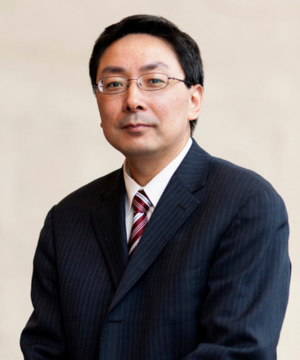
Yanzhong Huang
Yanzhong Huang is a senior fellow for global health at the Council on Foreign Relations and a professor at Seton Hall University’s School of Diplomacy and International Relations. He has published numerous reports, journal articles, and book chapters, including articles and commentary in Foreign Affairs, New York Times, Wall Street Journal, Washington Post, and The Economist. He is the author of Governing Health in Contemporary China (2013), Toxic Politics: China’s Environmental Health Crisis and its Challenge to the Chinese State (2020), and The COVID-19 Pandemic and China’s Global Health Leadership (2022). He has testified before congressional committees and is regularly consulted by major media outlets, the private sector, and governmental and nongovernmental organizations. He is a member of the Council on Foreign Relations, the National Committee on U.S.-China Relations where he is also a Public Intellectuals Program fellow, and the CSIS Bipartisan Alliance for Global Health Security.
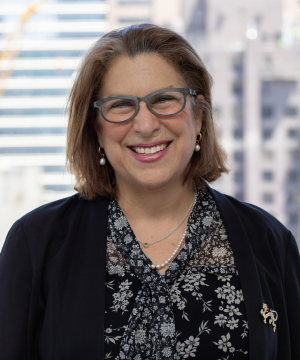
Joan Kaufman
Joan Kaufman is senior director for academic programs for Schwarzman Scholars, visiting professor at Tsinghua University, lecturer at Harvard Medical School, and a member of the Council on Foreign Relations. She was a Radcliffe Institute for Advanced Study fellow at Harvard. She lived and worked in China for 15 years in several capacities: as director of Columbia University’s Global Center for East Asia, Ford Foundation’s program officer for gender and reproductive health, and international program officer for the newly opened UNFPA office. She founded and directed the AIDS Public Policy Program at Harvard University’s Kennedy School of Government training senior government officials in China and Vietnam, while also serving as the China team leader for the International AIDS Vaccine Initiative.
Dr. Kaufman received her doctorate from the Harvard School of Public Health, master’s degrees from UC Berkeley, and bachelor’s degree from Trinity College.
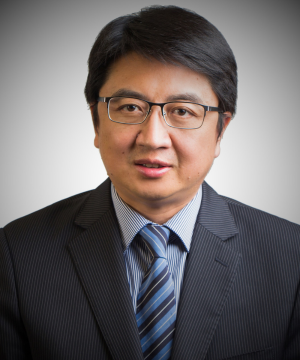
Zheng Wang
Zheng Wang is director of the Center for Peace and Conflict Studies and a professor in the School of Diplomacy and International Relations at Seton Hall University. He is a member of the National Committee on U.S.-China Relations. Dr. Wang has extensive professional and academic experience in the Asia-Pacific region. He has been an Abe Fellow of the Japan Foundation, an executive-in-residence at the Geneva Centre for Security Policy, a Jennings Randolph Senior Fellow at the U.S. Institute of Peace, a Carnegie Fellow at New America, and a Public Policy Scholar at the Wilson Center. Dr. Wang is the author of Never Forget National Humiliation: Historical Memory in Chinese Politics and Foreign Relations, which received the International Studies Association’s Book Award in 2013. Japanese and Korean versions were published in Japan and Korea, respectively.
Moderator

Margaret K. Lewis
Maggie Lewis is associate dean for faculty development and institutional operations and a professor of law at Seton Hall University. She is a member of the Council on Foreign Relations and serves on the board of the National Committee on U.S.-China Relations. She was a Fulbright senior scholar at National Taiwan University, a visiting professor at Academia Sinica, and a delegate to the U.S.-Japan Foundation’s U.S.-Japan Leadership Program. Professor Lewis has participated in the State Department’s Legal Experts Dialogue with China, testified before the Congressional-Executive Commission on China, and been a consultant to the Ford Foundation. She is a member of the NCUSCR U.S.-China Track II Dialogue on the Rule of Law and Human Rights and a fellow in the Committee’s Public Intellectuals Program.
Professor Lewis received her J.D. from NYU and her B.A. from Columbia University; she also studied at the Hopkins-Nanjing Center for Chinese and American Studies.
